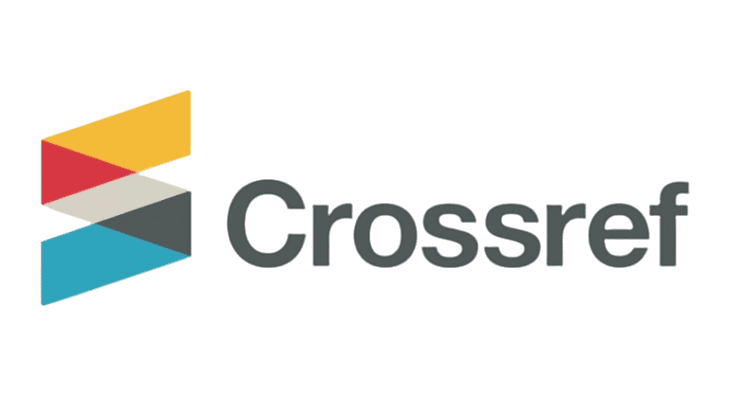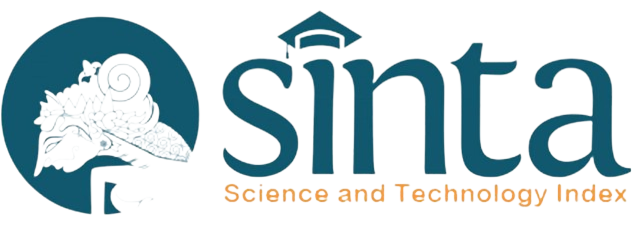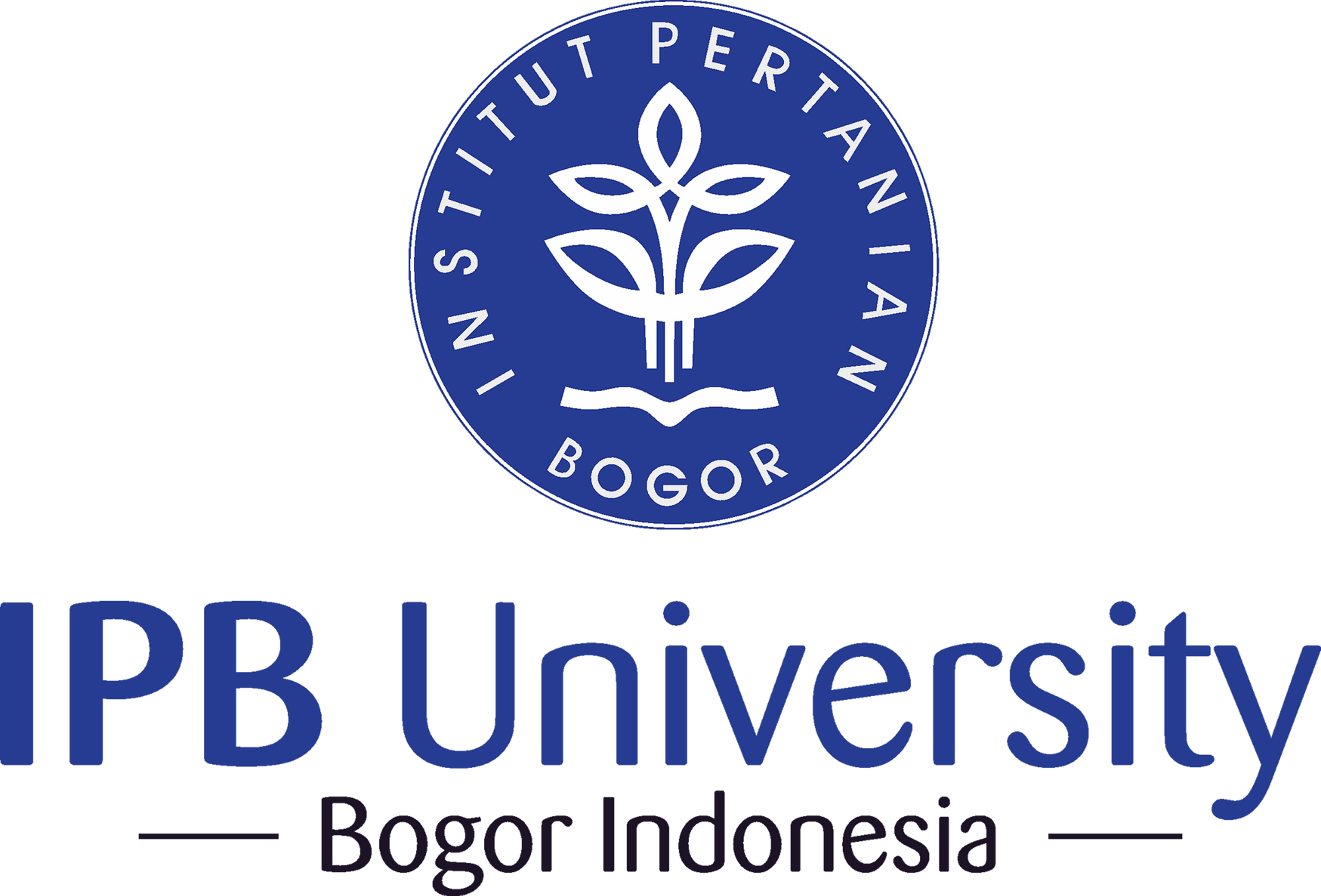Keragaan Genotipe Jagung Semi Asal Selfing dan Sibbing untuk Perakitan Varietas Jagung Semi
Abstract
Baby corn is a young cob that harvested before the fertilization and has high nutritional value. The production of baby corn in Indonesia mostly uses common varieties such as for grain and sweet corn. The research aimed to evaluate the performance of corn genotypes derived from selfing and sibbing to create baby corn varieties. This study was conducted in Cikarawang experimental field, Dramaga, Bogor from January to May 2021. This study used completely randomized group design with genotype as single factor. The result of variance analysis elucidated that genotype influenced to plant height, stem diameter, days of tasseling, days of first harvest, gross cob length, and net cob weight. Sibbing treatment decreased the means of vegetatife character, anthesis silking interval, height of first cob, net cob length, and increased the percentage of extra class and class I. All the tested genotypes potentially prolific because it can produce more than two cobs each plant with marketable young cob quality more than 65 %.
Keywords: corn cob, fertilizer, prolific, vegetative characters













